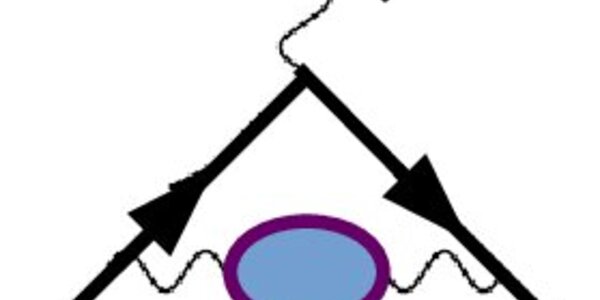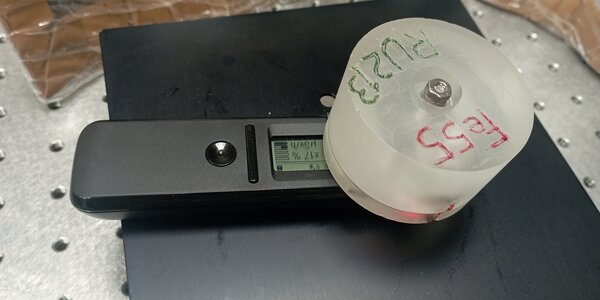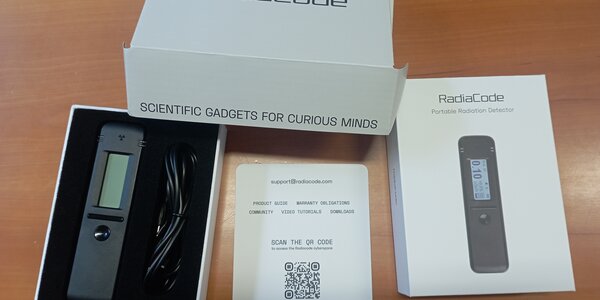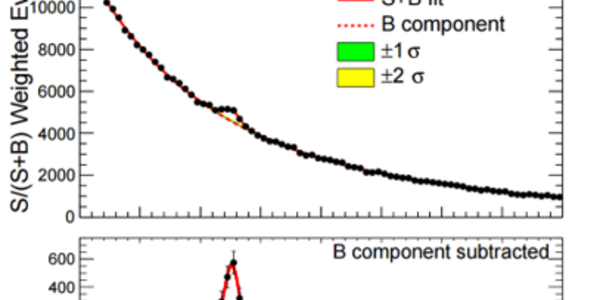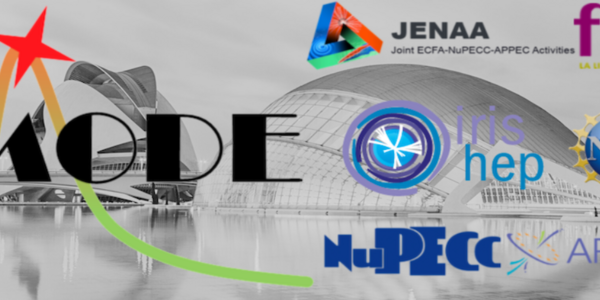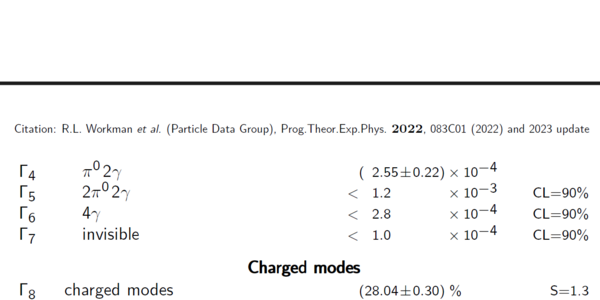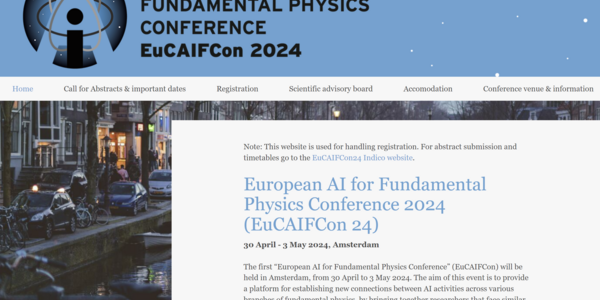Conferences And Concerts
I remember having been flamed, a long time ago, when in this column I ventured to claim that there was an inflation of physics conferences and workshops around, which to me looked both counter-productive (if there are too many such events, they become a distracting factor from research work, and returns are diminishing) and, I went as far as to propose, even unethical in some cases. I do not like being flamed, if only because it is yet another unproductive distraction, so I will not fall in the same mistake again here; rather, I have to observe that these days I am rather on the offending…

